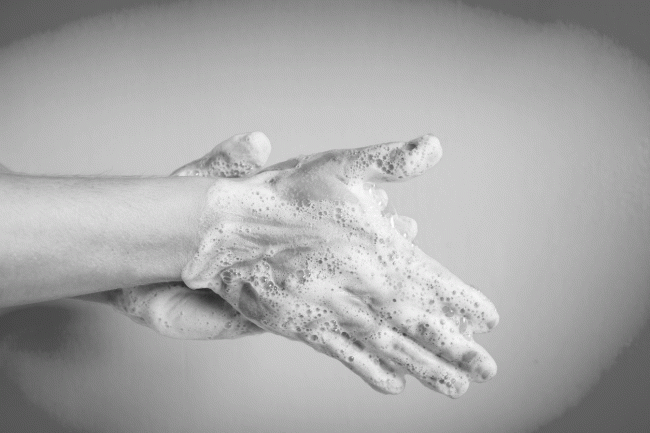Archives
Stay up-to-date and on top of your health with our e-Newsletter and receive updates on current treatments and vital health issues.
Hand-Washing – The Gatekeeper to Transmission of Infection

Despite being invisible to the naked eye, microorganisms are everywhere; all around the environment we live in, on our skin and even within certain internal organs. Not all microorganisms are bad. Some are indispensable for normal human functioning, such as for normal bowel function. However, other microorganisms cause infection and wreak havoc when they invade our body, whilst cleverly evading our immune system.
Why is hand-washing important?
Hands are responsible for the spread of 80% of common infectious disease and hand-washing remains one of the easiest, cheapest and most effective ways to remove harmful microorganisms from our environment, and prevent transmission of disease.
Studies suggest that effective hand-washing can:
- Reduce by 16-21% the number of colds and respiratory illnesses contracted.
- Reduce diarrhoeal illness by 31%
- Reduce cross-contamination that results in food poisoning
- Reduce person to person spread of viral and bacterial illness.
- Reduce school aged absenteeism due to gastrointestinal illness by 29-57%
Simple as it may seem, many people either don’t routinely wash their hands or employ an ineffective hand-washing technique.
How to hand-wash EFFECTIVELY:
- Wet hands with clean water & apply soap
- Lather/scrub your hands together for 20-30seconds (approximately the time it takes to sing “Happy Birthday” twice over). This must include between the fingers and the bank of the hands.
- Rinse hands well with clean running water
- Dry hands with a clean towel or air-dry.
Hand sanitisers kill germs almost as effectively as hand-washing does, except when hands are visibly dirty or greasy.
So how often should we wash our hands?
There is no one size fits all. The answer depends on one’s environment and activities throughout the day. As a general guide, hands should be washed:
- When they are dirty.
- After using the toilet.
- Before cooking
- Before touching or eating food
- After touching or using of objects known to harbour bacteria eg mobile phones, coins or notes, banking and transport cards, doorknobs & handles, public transport surfaces, public toilets,visit supermarket and touch trolleys, steering wheels in rental vehicles.
- sneezing or coughing into your hands or blowing your nose.
In the current climate of Covid-19, we must all , now more than ever, be mindful of the importance of good hygiene practices, and none more important than hand washing.